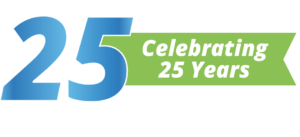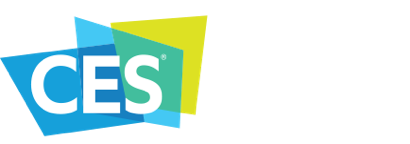In the fast-paced world we live in, ideas are travelling faster and faster. The globe is growing smaller, and cultural exchange is the new frontier of innovation. Nowhere is this more evident than in the International Conferences that have become the cornerstone for idea sharing in any large industry. For the sake of brevity, let’s look at on of the leading tech industry conferences in the world: The Consumer Electronics Show (CES).
Tech industry insiders come from all over the world to maintain their presence, and to remain relevant by sharing their ideas. However, a key barrier to this process is language translation. Yes, any successful international business will assure you that their best and brightest speak fluent English, but in some cases ‘fluent’ is confused with ‘competent,’ and in a world brimming with complex problems that require nuanced solutions, ‘competent’ does not suffice. This is not say that all the blame for miscommunication and under-communicated ideas lies with those who speak English as a second language. It behooves English speakers to learn the languages of nationalities their company does business with, however, it is a fast-paced world we live in, and it can often be difficult to master ones craft and several languages simultaneously.
The solution to this under-emphasized yet ubiquitous problem is to have Conference Translation Services in place. It is important that the conference itself has in fact hired one or more translators, depending on the size of the event. This solution is paramount to bridging the language gap. Conference organizers should ensure that their attendees are in touch with a translator and that there are enough translators present to cover the event.
While this may seem like an obvious resource to have at ones conference, it may surprise you how often language barriers become an issue at international conference. Many times the issue goes unspoken, because it is common for those who speak English as a second language to feel embarrassed or shy about things they don’t understand. Similarly, English speakers may dismiss ideas as being poorly thought out or badly presented because of a language barrier. Translation services can ease that tension and dispel that confusion, making them an indispensable part of conference culture.
Once you have decided to procure conference translation services you my notice the large volume of services out there. Translation is an industry all of its’ own, and for good reason. However, it is important not to skimp on your research. A top-quality translator who is both personable and professional can make all the difference in a conference-goers experience. Lexicon USA has 18 years of experience in the Translation industry, with translators who speak 145 different languages. While it is beneficial to do your own research and to find the translator that is right for you, it is worth noting the Lexicon USA sets the bar for quality and professionalism. Quotes can be procured online, and Lexicon USA’s website offers a wide array of different packages to choose from.


